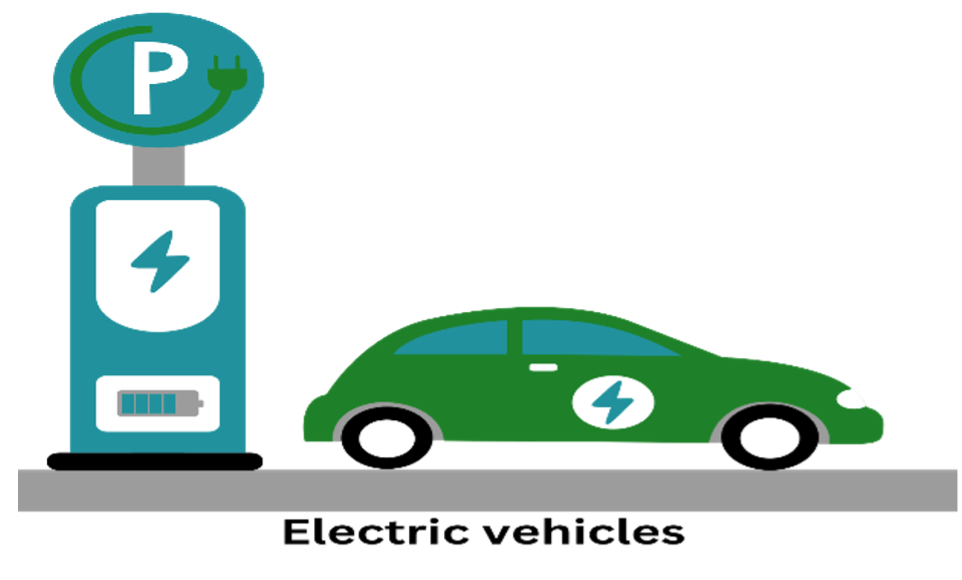Electric vehicles in India vs the rest of the world
Electric vehicles (EVs) are rapidly gaining popularity worldwide as a sustainable alternative to traditional gasoline-powered cars. India, with its ambitious goal of achieving 100% electric vehicle sales by 2030, is also making significant strides towards promoting electric mobility. In this article, we will compare the electric vehicle market in India with the rest of the world, and explore the potential future of the EV market.

India is the world's fifth-largest automobile market, with over 20 million vehicles sold annually. Despite this, the adoption of electric vehicles in India has been slow due to high prices, limited range, and a lack of charging infrastructure. However, the Indian government's initiatives to promote electric mobility, such as the Faster Adoption and Manufacturing of Hybrid and Electric Vehicles (FAME) scheme, are helping to boost the electric vehicle market in the country.
In the financial year 2021, electric two-wheelers dominated the EV market in India, with over 1.43 lakh units sold, accounting for 96% of the total EV sales in the country. Among four-wheelers, electric cars made up only 4% of total sales. The top-selling electric car in India is the Tata Nexon EV, with over 7,000 units sold as of August 2021. Other popular electric cars in India include the MG ZS EV, Hyundai Kona Electric, and the Mahindra e-Verito.

The electric vehicle market is growing rapidly worldwide, with China, the United States, and Europe leading the way. In 2020, China accounted for almost 44% of global EV sales, followed by Europe at 28% and the United States at 17%. Norway, with its ambitious goal of phasing out sales of new petrol and diesel cars by 2025, has the highest EV market share globally, with over 70% of new car sales being electric.
In terms of the maximum number of EVs sold by a company, Tesla is the clear leader, with over 1.2 million electric vehicles sold worldwide in 2020. Other popular electric vehicle companies include Chinese manufacturers BYD, SAIC, and BAIC, as well as European carmakers Renault and Volkswagen.

The future of the electric vehicle market looks promising, with increasing demand and technological advancements leading to more affordable and efficient electric vehicles. The International Energy Agency (IEA) projects that there will be 145 million electric cars on the road worldwide by 2030, up from just 11 million in 2020.
In India, the government's push towards electric mobility, coupled with incentives such as tax exemptions and subsidies, is expected to drive the adoption of electric vehicles. The FAME scheme has been extended until March 2024 with a budget of Rs 10,000 crore, which is expected to boost the sales of electric two-wheelers, four-wheelers, and buses.
In conclusion, while India lags in the electric vehicle market compared to other countries, the Indian government's initiatives and the growing demand for sustainable mobility are expected to drive the growth of the EV market in the country. With technological advancements and decreasing costs, electric vehicles are becoming a more viable and sustainable option for personal and public transportation, and the future of the EV market looks promising both in India and around the world.



